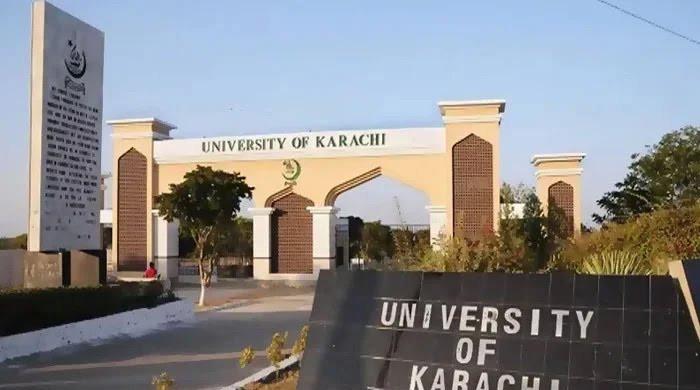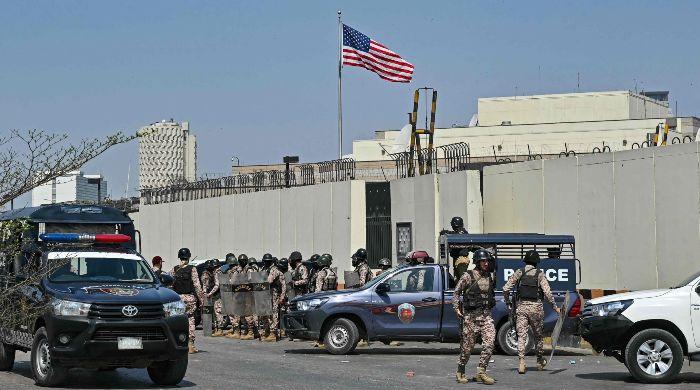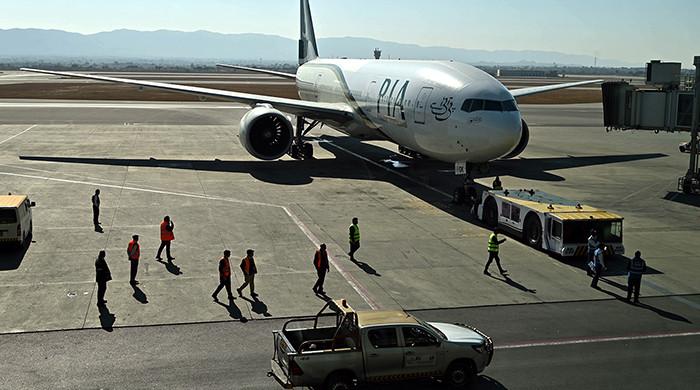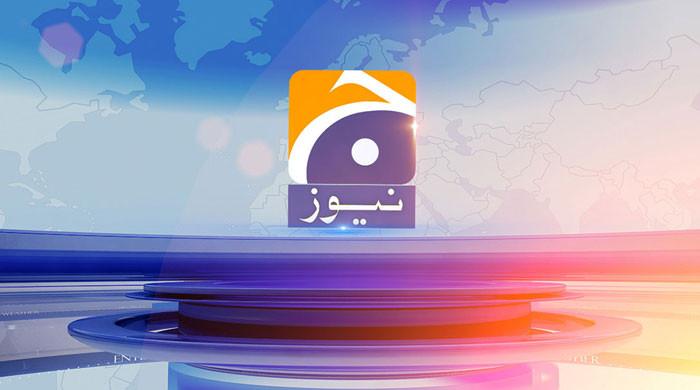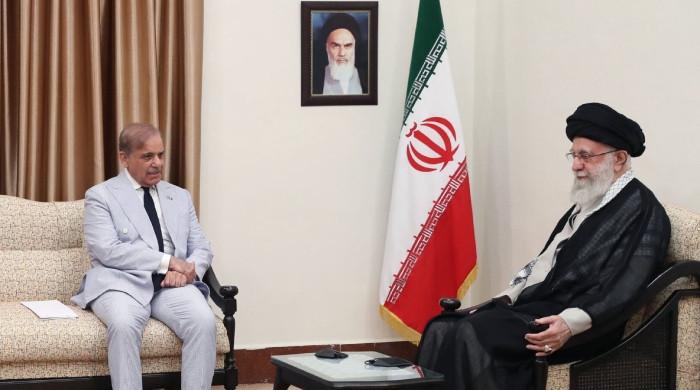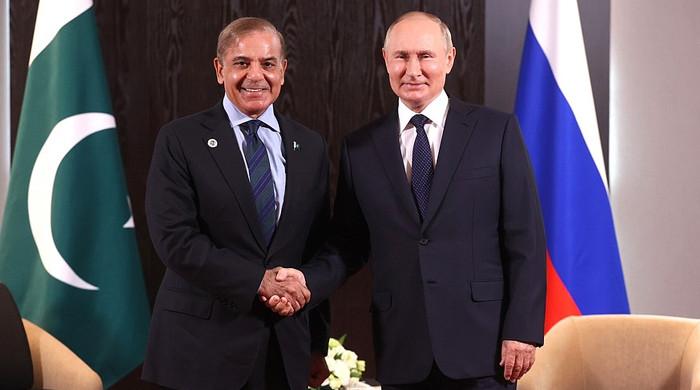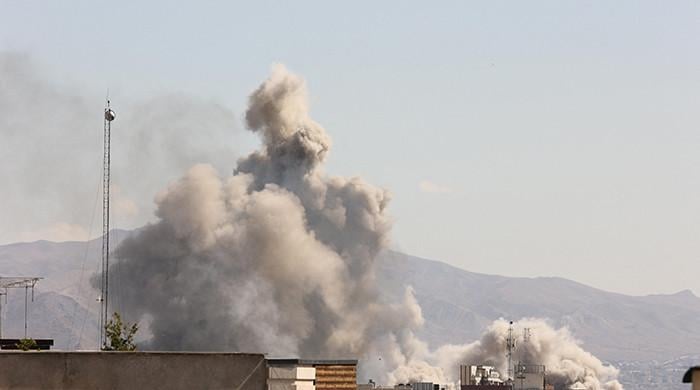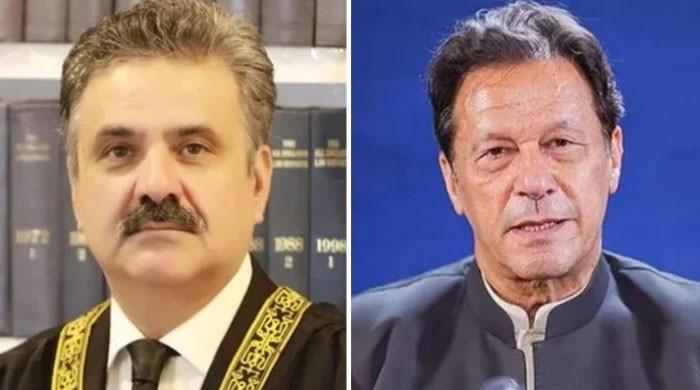Taliban, Hezb-i-Islami moving towards confrontation
Hezb-e-Islami is now an ally of Afghan government
January 18, 2017
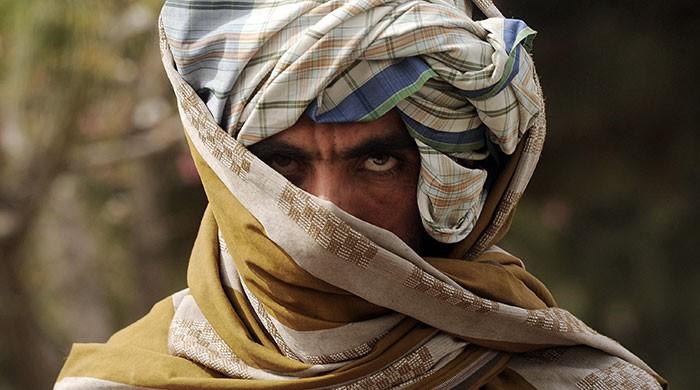
PESHAWAR: The Taliban and Hezb-i-Islami (Hekmatyar) are gradually confronting each other following the latter’s peace deal with the Afghan government in September last year.
The Hezb-i-Islami, led by former mujahideen leader Gulbaddin Hekmatyar, is now an ally of the unity government of President Ashraf Ghani and Chief Executive Dr Abdullah and, therefore, an enemy of the Taliban.
Though Hekmatyar hasn’t yet gone to Kabul and is still in hiding waiting for removal of his name from the UN ‘blacklist’ his party is now bound in an agreement with the government under which it would support the existing political dispensation, Constitution and most of its policies.
Taliban are angry over the peace agreement, but they don’t want to give it much importance due to Hekmatyar’s insignificant military power and the splintering of his party into at least three factions. The recent suicide attack in Kabul on the house of Muallim Mir Wali, an MP from Helmand province who was previously part of Hezb-i-Islami during the Afghan jihad against the Soviet occupation forces, contributed to the growing feud between the Taliban and Hekmatyar’s supporters.
Though Taliban claimed they attacked important participants of a security meeting held in Muallim Mir Wali’s home to discuss the situation in Helmand, the death of women and children in the incident fuelled anger against the Taliban.
It also prompted Hezb-i-Islami’s military commanders and MPs to issue a joint statement, condemning the attack and criticizing the Taliban for targetting a house with women, children and other civilians. They said it showed Taliban’s enmity with Hezb-i-Islami.
Recently, there have been two other attacks on Hezb-i-Islami figures. There were no claims of responsibility though some may see Taliban hands in these two killings.
In one incident in the Baghlan province in Khwajagan village, unidentified gunmen shot dead Qand Agha, a former Hezb-i-Islami commander who didn’t occupy any position in the government. Another Hezb-i-Islami commander was recently gunned down in Kapisa province.
Meanwhile, Taliban continue to strictly implement the judgements of their courts in Afghanistan. In Farah province, two men were hanged publicly in the Khak-e-Sufaid district for kidnapping and killing a minor.
A Taliban spokesman said the case was heard in a Shariah court for a month and the charges were proved against them. In another case in the Ghazni province, a six-member gang accused of committing theft was caught by the Taliban red-handed, tried in court and sentenced to punishment of 39 lashes each. The punishment was publicly awarded in the Qarabagh district in Ghazni.
Also recently, a Taliban court sentenced a girl and a boy to death by stoning on charges of committing adultery in the northern Sari-e-Pul province. Eyewitnesses said the punishment would be awarded publicly as the Taliban had invited the people to come to Pashani village in Kohistanat district to watch the stoning of the boy and girl. The punishment hasn’t been awarded yet. The government showed its helplessness by arguing that this area wasn’t in its control for the last several years. However, some government officials said efforts were being made to stop the Taliban from carrying out the punishment.
Taliban have been carrying out such tough punishments in areas controlled by them and people have been sentenced to death, imprisoned, amputated and lashed.
Those punished include persons accused of murder, causing injuries, theft, adultery, drinking liquor and spying for the Afghan government or the US-led foreign forces.
—Originally published in The News




